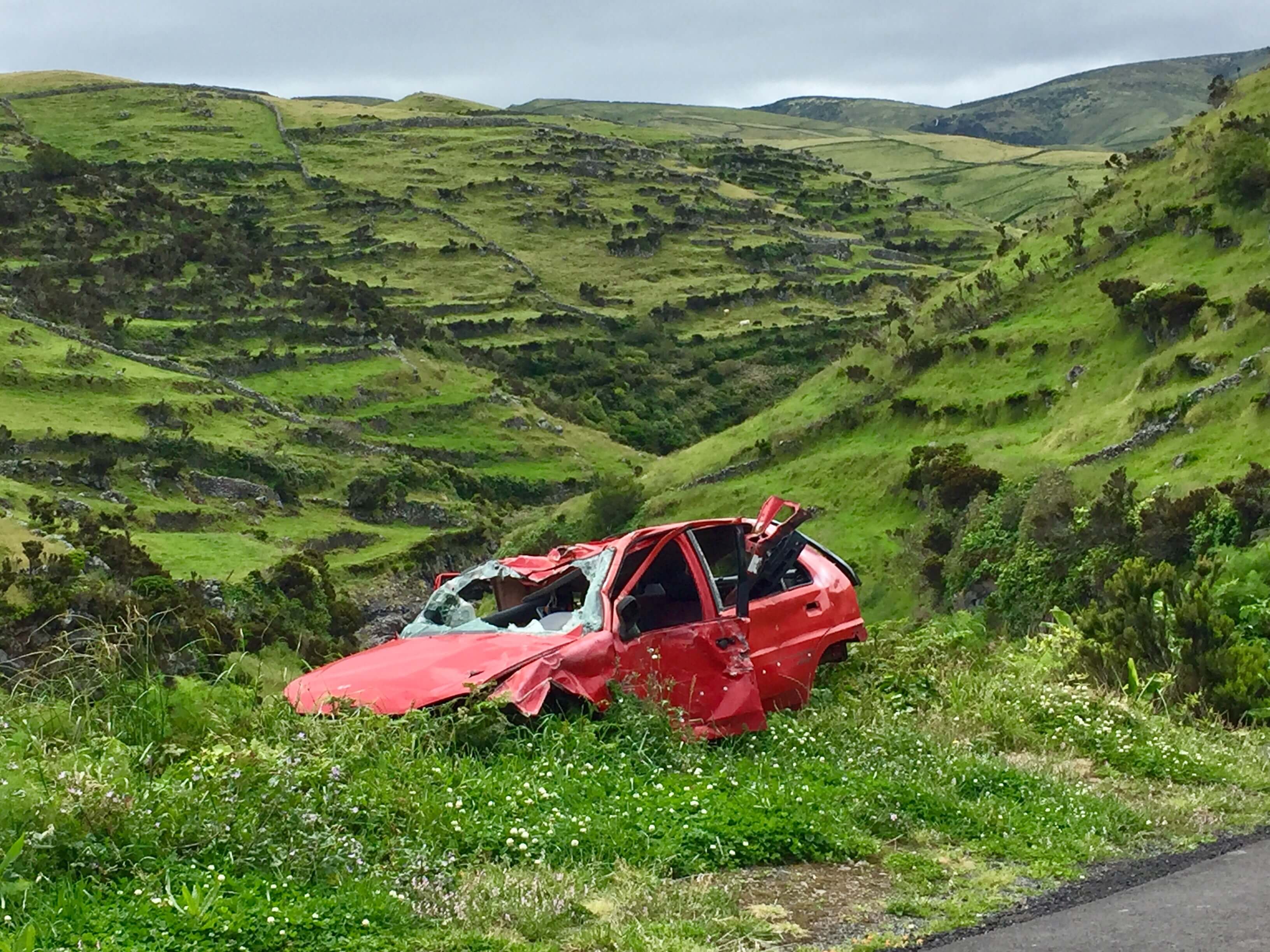Injuries to the Genitourinary Region in Auto Accidents
Injuries to the Genitourinary Region in Auto Accidents

When people think about suffering injuries in a traumatic accident, much of the attention is focused on the vital organs such as the brain, heart, and lungs.
While this attention is warranted, many different types of injuries can lead to a severe decrease in someone’s quality of life.
One example is an injury to the genitourinary region, making it almost impossible for someone to use the bathroom efficiently.
What is an Injury to the Genitourinary Region?There are many different traumatic injuries that someone can sustain in an accident, including traumatic brain injuries and bone fractures; however, injuries to the genitourinary region are often overlooked. When someone talks about an injury to this area of the body, they refer to the parts of the body that control the urinary functions. The urinary tract is responsible for eliminating the toxins that the body filters out, and so damage to this region can make people very sick.
The genitourinary region includes the kidneys, urethra, bladder, ureters, and every part in between. The kidneys function to regulate blood pressure, water content, and electrolytes (such as sodium and potassium). They also help to filter out toxins from the bloodstream. When it performs these functions, it filters what is not needed into the urine to be efficiently eliminated from the body.a Injuries to this section of the body can inhibit this function, causing toxins to build up and making people very sick.
How do these Injuries Occur?There are many different ways that someone can suffer an injury to the genitourinary region. One of the most common ways is a bicycle accident. If someone collides with an object and falls off of the seat of their bike, they could land on the crossbar, leading to trauma directly to the urethra of the body. This constitutes a severe and emergent injury to the genitourinary region.
People can also wind up with severe injuries to the kidneys in an auto accident. The kidneys are in the flanks of the body, near the back, so a T-bone auto accident can deal severe damage to the kidneys. In addition to constituting a genitourinary problem, they can also lead to severe internal bleeding that can become life-threatening.
Case Review: DiagnosticsA team of medical professionals recently published an article detailing some of the tests that need to be performed when someone comes in following a serious traumatic accident that will ensure injuries to the genitourinary region are properly diagnosed and treated. The first step is to conduct a physical examination and, if there is a concern for injuries to the genital region, a genital exam will be required. If there is blood at the urinary opening or the patient is complaining of blood in the urine, this is a tell-tale sign that urinary trauma may have occurred.
Sometimes, blood may not be obvious; however, it can be diagnosed on a urine dipstick. Also, medical professionals should look for signs of abrupt trauma to the flanks. When it is time for imaging procedures, this will typically proceed with a plain x-ray film to look for signs of trauma to the kidneys. Broken bones can also puncture the kidneys, leading to serious trauma. An intravenous urography is also often performed to add some contrast to the urinary tract. This can help to look for leaks in the ureters or urethra as well as the bladder.
Finally, an ultrasound is often performed because it is quick, cheap, and requires no radiation. It can be used to look for free fluid in the abdomen, which could be a sign of damage to the genitourinary region.
Implications for Future InjuriesWhen these tests are performed properly, they can quickly and accurately diagnose traumatic injuries that may have occurred in the genital region. When damage to the kidneys has been identified, it is important to ensure that the patient is not bleeding internally. If this is the case, the patient should be taken into surgery emergently. Any sign of urinary leakage in any location throughout the urinary tract should also be treated with surgery.
If the patient has not suffered a tear, bed-rest, proper fluid management, and antibiotics should be given to prevent sepsis. Any patient who has developed issues with their urinary region following trauma should also consider contacting an experienced personal injury attorney in Sacramento for more information.
Experienced Personal Injury Attorney in SacramentoI’m Ed Smith, a Personal Injury Attorney in Sacramento. If you’ve been injured in an accident, call me for free, friendly advice at 916.921.6400 or 800.404.5400.
We are members of the Million Dollar Advocates Forum and the National Association of Distinguished Counsel.
See our case history of verdicts and settlements and our client reviews on Google, Yelp, and Avvo.
Editor’s Note: This page has been updated for accuracy and relevancy [cha 4.23.21]
Photo by Dominika Kwiatkowska from Pexels
:dr [cs 913]